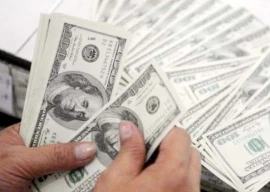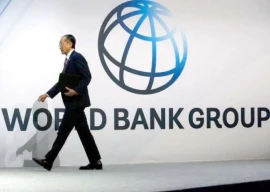
Google, since 2009 has started publishing a transparency list in which it breaks down requests received from governments to block, or remove content off various Google public services or information of users, and account holders utilising Google services. Google is not bound to honour all requests and weighs requests against its community standards and terms of use.
Google wrote on its site: “Google regularly receives requests from government agencies and courts around the world to remove content from our services and hand over user data.”
Pakistan, from January 2011 to June 2011, had submitted less than 10 requests for content to be removed, with less than 10 items specified to be taken off Google websites. Google though did not comply with the any of the requests as it felt the content had not violated their terms of use.
India, however sent requests from its “state and local law enforcement agencies” to remove YouTube videos that displayed protests against social leaders or used offensive language in reference to religious leaders. It further said that a request from a local law enforcement agency had been received to “remove 236 communities and profiles from Orkut that were critical of a local politician.” Google said that it did not comply with this request since they did not violate its community standards, while for some others where it could incite hate crimes, they blocked the content locally.
India had a large number of requests to information of user accounts with more than 1,700 requests for 2,400 accounts.
Though the worst calls for data to be taken off the global service provider's sites came from the United States where in one instance local law enforcement agency requested that videos that showed police brutality be taken off-line. Google, however denied this request.
United States leads the pack of account data requests with 5,950 such requests pertaining to more than 11,000 users or accounts. This was up by 29 per cent as compared to last year. Along with the US and India were the UK, France and Germany.
Google said that it complied most of the time except in the case of France.
Google's popular video social network service, YouTube remained blocked in China and Libya for the first part of 2011.
COMMENTS (2)
Comments are moderated and generally will be posted if they are on-topic and not abusive.
For more information, please see our Comments FAQ
1731916090-0/sabrina-(3)1731916090-0-405x300.webp)


1732020599-0/BeFunky-collage-(73)1732020599-0-165x106.webp)
1731926127-0/zayn-(1)1731926127-0-165x106.webp)












Funny how a secretive company can produce list of transparency.
Well you can't expect high number of requests from illiterate govt officials. Fake degrees afterall are not very helpful